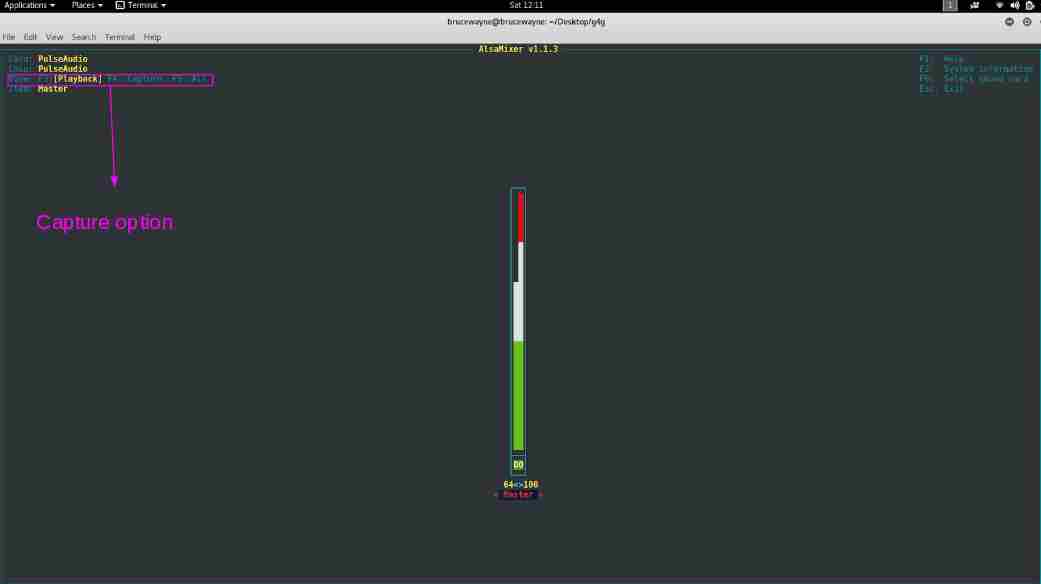在python中, 字典 将一个键映射到其值的容器是否具有访问时间复杂性 O(1) 但在许多应用程序中,用户并不知道字典中的所有键。在这种情况下, 如果用户试图访问丢失的密钥,则会弹出一个错误,指示密钥丢失 .
Python3
# Python code to demonstrate Dictionary and # missing value error # initializing Dictionary d = { 'a' : 1 , 'b' : 2 } # trying to output value of absent key print ( "The value associated with 'c' is : " ) print (d[ 'c' ]) |
错误:
Traceback (most recent call last): File "46a9aac96614587f5b794e451a8f4f5f.py", line 9, in print (d['c'])KeyError: 'c'
在上面的示例中,字典中没有名为“c”的键出现运行时错误。为了避免这种情况,并让用户知道某个特定的密钥不存在,或者在该位置弹出默认消息,有几种方法可以处理丢失的密钥。
方法1:使用get()
获取(键,定义值) 方法在我们必须检查密钥时非常有用。如果存在密钥,则打印与密钥相关的值,否则返回传入参数的def_值。
例子:
Python3
country_code = { 'India' : '0091' , 'Australia' : '0025' , 'Nepal' : '00977' } # search dictionary for country code of India print (country_code.get( 'India' , 'Not Found' )) # search dictionary for country code of Japan print (country_code.get( 'Japan' , 'Not Found' )) |
输出:
0091Not Found
方法2:使用setdefault()
设置默认值(键、定义值) 其工作方式与get()类似,但区别在于每次 如果缺少密钥,将创建一个新密钥 与传入参数的键关联的def_值。
例子:
Python3
country_code = { 'India' : '0091' , 'Australia' : '0025' , 'Nepal' : '00977' } # Set a default value for Japan country_code.setdefault( 'Japan' , 'Not Present' ) # search dictionary for country code of India print (country_code[ 'India' ]) # search dictionary for country code of Japan print (country_code[ 'Japan' ]) |
输出:
0091Not Present
方法3:使用defaultdict
“ defaultdict “是在名为的模块中定义的容器” 收藏 “.需要一段时间。” 函数(默认工厂)作为其参数 .默认情况下 默认工厂设置为“int”,即0 .如果 钥匙不在 在defaultdict中 返回默认出厂值 展示。它比get()或setdefault()有优势。
- 默认值设置为 公告 .有 不需要 反复调用函数,并将类似的值作为参数传递。因此 节省时间 .
- defaultdict的实现是 更快 而不是get()或setdefault()。
例子:
Python3
# Python code to demonstrate defaultdict # importing "collections" for defaultdict import collections # declaring defaultdict # sets default value 'Key Not found' to absent keys defd = collections.defaultdict( lambda : 'Key Not found' ) # initializing values defd[ 'a' ] = 1 # initializing values defd[ 'b' ] = 2 # printing value print ( "The value associated with 'a' is : " ,end = "") print (defd[ 'a' ]) # printing value associated with 'c' print ( "The value associated with 'c' is : " ,end = "") print (defd[ 'c' ]) |
输出:
The value associated with 'a' is : 1The value associated with 'c' is : Key Not found
本文由 曼吉星 .如果你喜欢GeekSforgek,并想贡献自己的力量,你也可以使用 写极客。组织 或者把你的文章寄去评论-team@geeksforgeeks.org.看到你的文章出现在Geeksforgeks主页上,并帮助其他极客。 如果您发现任何不正确的地方,或者您想分享有关上述主题的更多信息,请写下评论。


![关于”PostgreSQL错误:关系[表]不存在“问题的原因和解决方案-yiteyi-C++库](https://www.yiteyi.com/wp-content/themes/zibll/img/thumbnail.svg)





